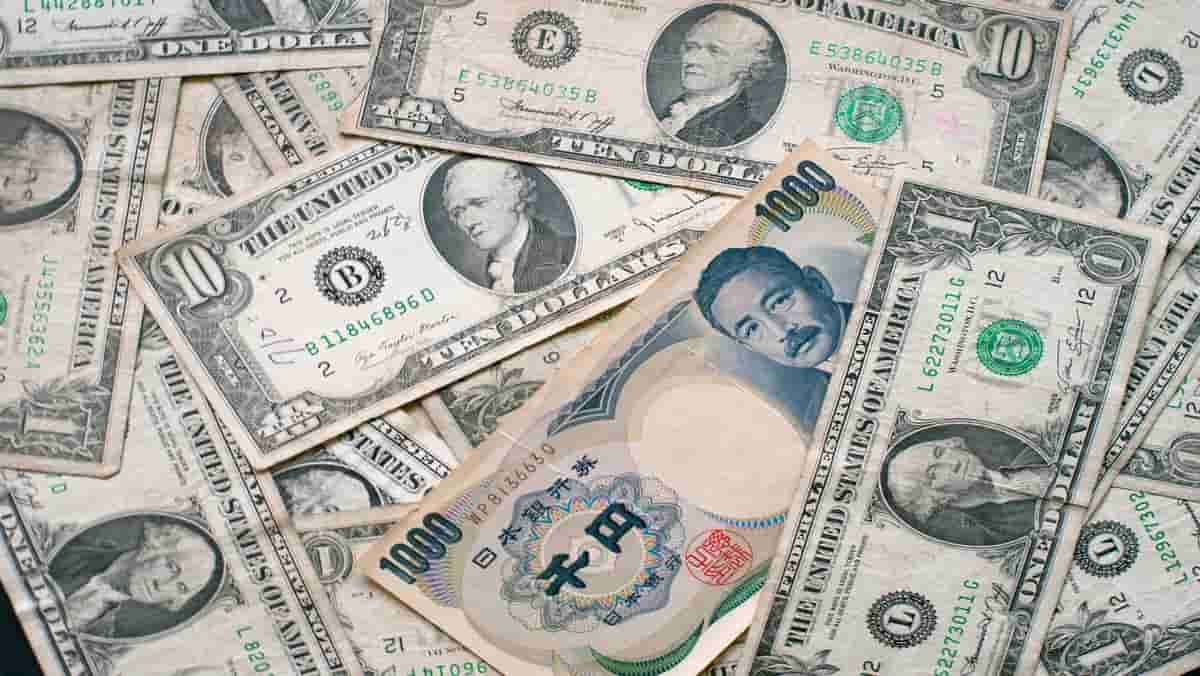
Thursday Dec 26 2024 03:24

3 min

What is forex and how does it work, the foreign exchange market, often referred to as Forex or FX trading, involves the exchange of one currency for another.
Forex, short for "foreign exchange," is the process of exchanging one currency for another. It operates as a decentralized global market where currencies are traded 24/7, making it the largest financial market in the world. A simple example is when you travel internationally and exchange your local currency for a foreign one. For instance, if you travel from the United States to Mexico, you can exchange 1 US dollar for approximately 20 Mexican pesos, depending on the current exchange rate. This simple transaction introduces you to the concept of forex.
Forex trading focuses on buying one currency while simultaneously selling another, typically in currency pairs such as EUR/USD (Euro against the US Dollar). The value of these pairs fluctuates based on global economic events, geopolitical factors, and market sentiment.
When trading, a "standard lot" typically represents 100,000 units of the base currency in a pair. For example, if the EUR/USD exchange rate is 1.13, purchasing one standard lot would cost $113,000.
While forex trading offers significant opportunities to generate income, it comes with equal risks. This is why traders must develop a strong foundation in technical analysis, financial fundamentals, and market behavior. Consistent practice and thorough education are essential to becoming proficient and mitigating risks in this highly speculative market.
Forex trading offers incredible potential, but success depends on your commitment to learning and consistent practice. At its core, mastering forex requires a deep understanding of technical analysis. This includes analyzing price charts, identifying patterns, and using key indicators like moving averages, Fibonacci retracements, and oscillators to predict market movements. These tools allow traders to make logical and informed decisions rather than relying on guesswork.
For beginners, starting with the basics is essential. Concepts such as how currency pairs work, the role of leverage, and understanding risk management can make the difference between a promising start and frustration. Pair this with practicing on demo accounts, where you can gain hands-on experience without risking real capital. Taking the time to refine your strategies in a risk-free environment is a vital step in building confidence and competence.
Additionally, staying updated on global financial news and economic events adds a significant edge. Since currency values are highly influenced by economic developments, understanding the broader market environment helps you anticipate potential fluctuations.
Remember, forex trading is a marathon, not a sprint. Dedicate yourself to disciplined learning, and you’ll steadily grow closer to mastering the markets.
When considering shares, indices, forex (foreign exchange) and commodities for trading and price predictions, remember that trading CFDs involves a significant degree of risk and could result in capital loss.
Past performance is not indicative of any future results. This information is provided for informative purposes only and should not be construed to be investment advice.
